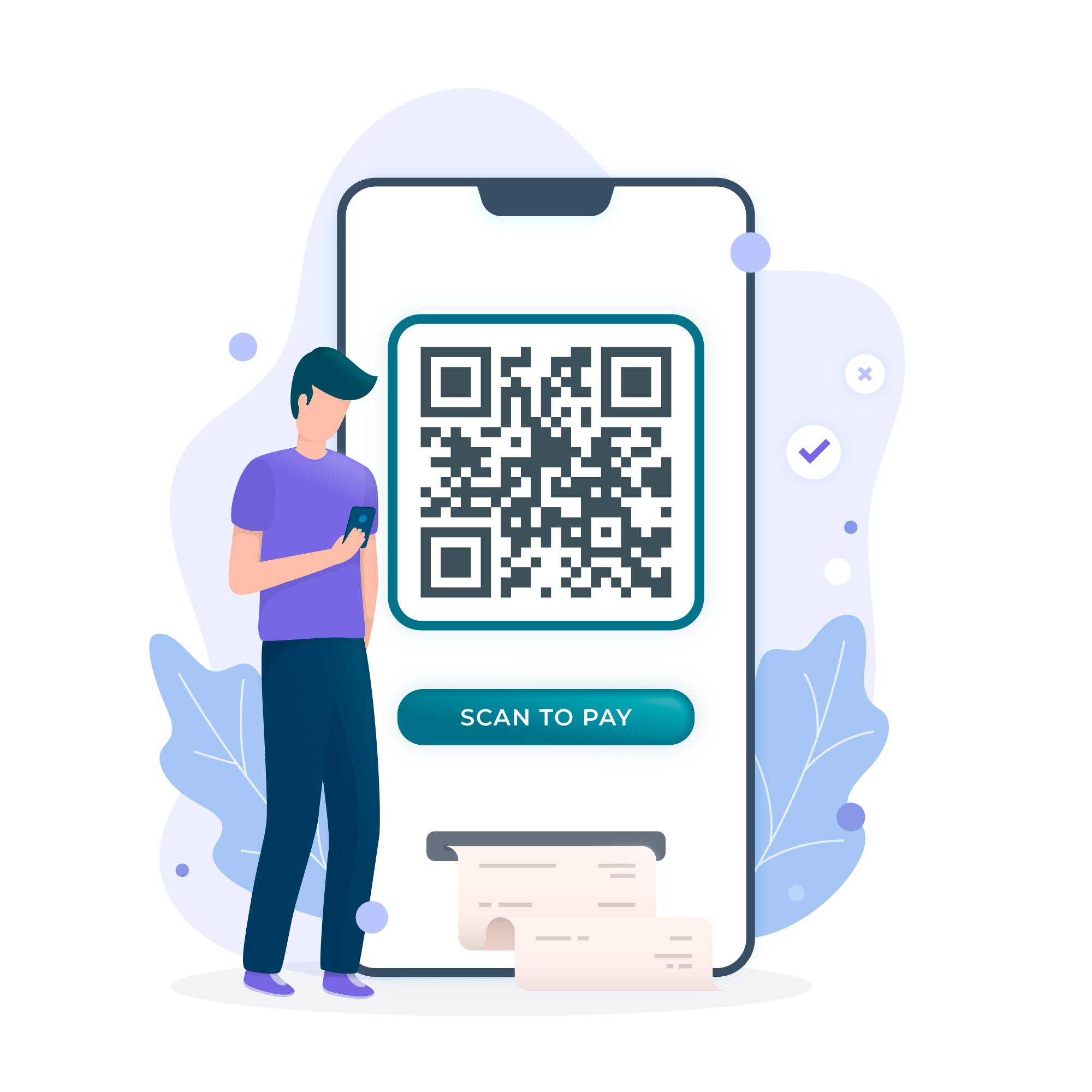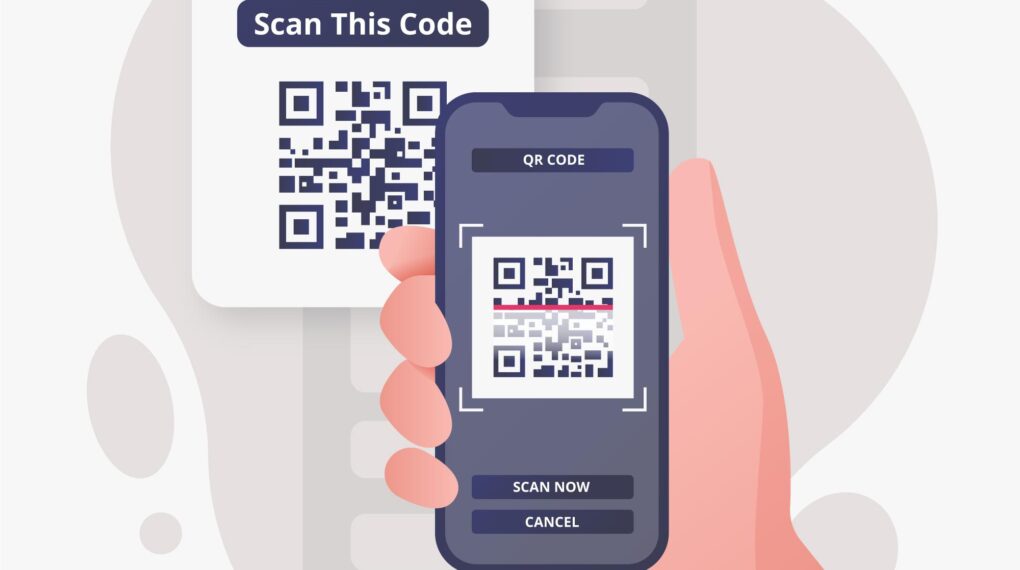QRIS vs the United States: Smart Financial Innovation or Threat to Global Giants?
Indonesia’s digital payment system is making global waves, so much that even the United States is speaking up. But it’s not due to failure; quite the opposite. QRIS (Quick Response Code Indonesian Standard), developed by Bank Indonesia, is now being viewed as a threat to foreign payment giants like Visa and Mastercard. But is this a case of protectionism… or a smart move toward digital economic independence?
What’s the U.S Concerned About?
In its 2024 report, the United States Trade Representative (USTR) raised concerns about QRIS and the National Payment Gateway (GPN), labeling them as “potential trade barriers.” Why? Because they allegedly limit the market access of foreign payment service providers, posing a risk to the global dominance of Visa and Mastercard.
But here’s the reality: QRIS isn’t about blocking competition—it’s about simplifying and expanding financial access, especially for local SMEs and domestic users seeking more efficient, affordable solutions.
QRIS: Local Innovation, Global Impact

From street vendors and online marketplaces to cross-border payments, QRIS unifies all digital transactions into a single standard. No need for switching between apps or bank systems—just scan and pay.
Better yet, QRIS is already accepted in countries like Thailand, Malaysia, and Singapore. It’s no longer just a local solution, but a rising player in inclusive, regionally collaborative digital finance.
What’s Driving U.S. Concerns Over Indonesia’s Digital Payments?
The U.S. response can be seen as a reaction to the rise of local fintech innovation. In many developing countries, systems like QRIS are gaining ground—they’re more affordable, adaptable, and user-friendly than complex, high-cost networks like Visa and Mastercard.
So, is QRIS a threat? Not really. It responds to the demand for an efficient, accessible, and self-reliant payment ecosystem.
Indonesia: Open to Collaboration, Committed to Sovereignty
The Indonesian government responded calmly but firmly. The core principle? Digital innovation must strengthen national economic independence while remaining open to global collaboration. As long as these systems promote financial inclusion and serve public interest, QRIS and other local platforms will keep evolving.
“We’re open to working with anyone, but our systems must prioritize national interest and public convenience.”
— Destry Dhanmayanti, Senior Deputy Governor of Bank Indonesia
Destry emphasized that QRIS is not about shutting out foreign systems, but about ensuring stability, efficiency, and sovereignty in Indonesia’s digital economy.
What Does It Mean for Users & Businesses?
Whether you’re a small business, exporter, traveler, or anyone dealing with cross-border payments, QRIS and GPN offer a low-cost, user-friendly alternative. That’s exactly where platforms like Adaremit come in—helping you connect local and global transactions with ease, safety, and transparency.
QRIS Isn’t a Threat—It’s the Future
Technology exists to solve real problems. QRIS is a perfect example of local innovation rising to meet global challenges. Instead of being feared, such systems should push the global financial industry to become more inclusive and adaptable.
QRIS, Adaremit, and the future of digital finance—Indonesia isn’t closing doors; we’re building our own path forward.
Need to send money abroad quickly and transparently?
Use Adaremit—your trusted solution for international transfers.



